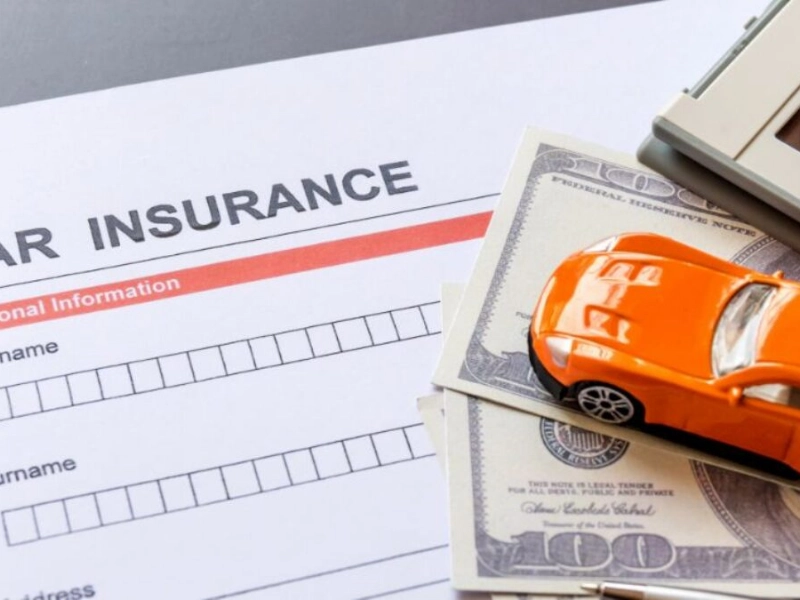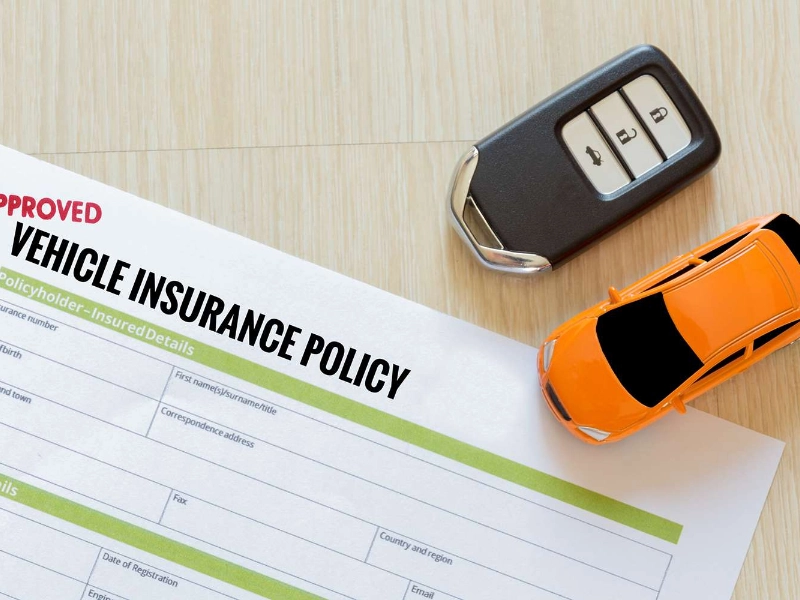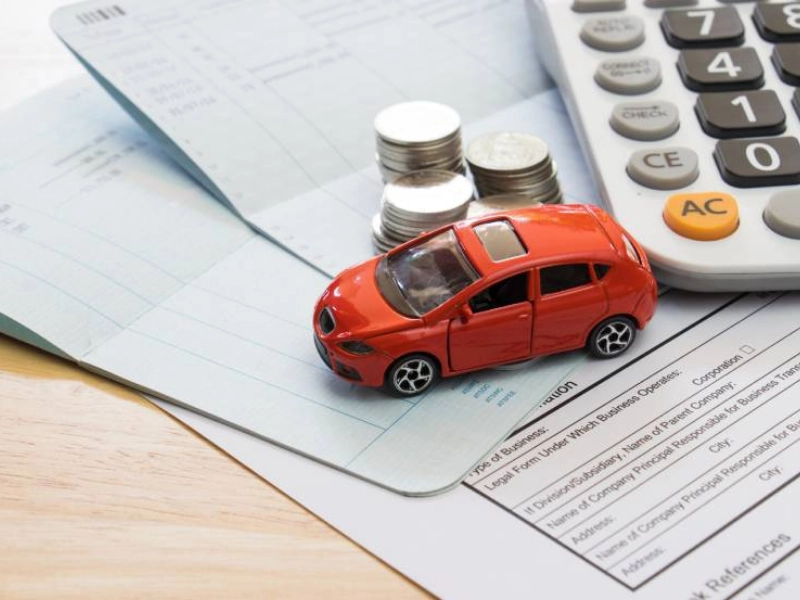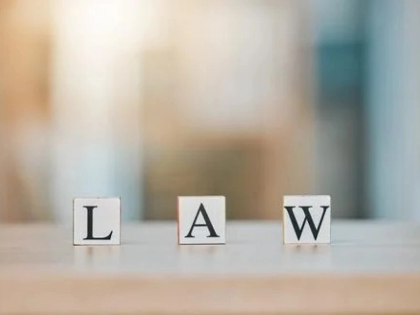Car Insurance Claim Submission: Essential Information
Ignore it if the damage is minor or if you're not sure if you need to file a claim. Nevertheless, you should always record the incident using images or a synopsis. It's also critical to understand how to file a claim with your auto insurance and the rationale behind any denials.
Recording the event

Making a Call to Your Insurance Provider
 When the time comes to submit a claim, give your insurer a call or use their website to get in touch. You should be guided through the procedure by a representative. They can request a written or recorded statement from you. If at all possible, politely decline to do this because these remarks could be used against you in the settlement talks.
The representative will assess the data you have submitted to ascertain the amount of compensation to which you are entitled in accordance with your policy. After then, the agent could designate an adjuster to look into the accident and establish who was at fault. To speed up the procedure, reduce misunderstandings, and make sure you get all the coverage you are entitled to under your policy, it is essential that you communicate openly and clearly with your insurer.
Your insurance provider can, in certain circumstances, believe that the damage is so great that your car is a total loss. They will provide you with a check for the value of your car if this is the case.
When the time comes to submit a claim, give your insurer a call or use their website to get in touch. You should be guided through the procedure by a representative. They can request a written or recorded statement from you. If at all possible, politely decline to do this because these remarks could be used against you in the settlement talks.
The representative will assess the data you have submitted to ascertain the amount of compensation to which you are entitled in accordance with your policy. After then, the agent could designate an adjuster to look into the accident and establish who was at fault. To speed up the procedure, reduce misunderstandings, and make sure you get all the coverage you are entitled to under your policy, it is essential that you communicate openly and clearly with your insurer.
Your insurance provider can, in certain circumstances, believe that the damage is so great that your car is a total loss. They will provide you with a check for the value of your car if this is the case.
Having a police report issued
 You should always report an accident to the police, regardless of whether liability or collision protection is included in your policy. Even though it might seem apparent, doing this is crucial if you want your insurer to cover the incident's damages. The identities of everyone involved in the collision, as well as its date, time, and location, should all be included in your police report. The name and badge number of the responding officer should also be obtained.
The department that carried out the investigation can provide you with a copy of your police report upon request; often, this service is free. You might need to send or personally deliver your request, depending on the jurisdiction. As an alternative, you can submit your request through online portals provided by some police departments. A report may occasionally be obtained on your behalf by your attorney or insurance representative. But they need a legitimate justification for doing so. To make sure your police report is accurate and comprehensive, you should constantly review it.
You should always report an accident to the police, regardless of whether liability or collision protection is included in your policy. Even though it might seem apparent, doing this is crucial if you want your insurer to cover the incident's damages. The identities of everyone involved in the collision, as well as its date, time, and location, should all be included in your police report. The name and badge number of the responding officer should also be obtained.
The department that carried out the investigation can provide you with a copy of your police report upon request; often, this service is free. You might need to send or personally deliver your request, depending on the jurisdiction. As an alternative, you can submit your request through online portals provided by some police departments. A report may occasionally be obtained on your behalf by your attorney or insurance representative. But they need a legitimate justification for doing so. To make sure your police report is accurate and comprehensive, you should constantly review it.
Fixing your vehicle
 Although every insurer has a different claims procedure, many use a similar one. Your insurance company will designate an insurance adjuster—or adjusters—to look into the occurrence and any associated damages after you make a claim. This individual will inspect your car, deal with any personal injury claims, and, depending on the circumstances, review police reports and speak with witnesses.
After that, the adjuster will give you an estimate of the cost of repairs. If you have collision coverage, you can also choose to get a check that would pay your repair costs up to the pre-accident value of your vehicle.
You should seek assistance from your state's department of insurance if you believe that your insurance carrier is underpaying you or that it is taking too long to settle a claim. After reviewing your claim, the department may, in some jurisdictions, intervene to resolve the disagreement if your insurer's internal procedures are unable to resolve it.
Although every insurer has a different claims procedure, many use a similar one. Your insurance company will designate an insurance adjuster—or adjusters—to look into the occurrence and any associated damages after you make a claim. This individual will inspect your car, deal with any personal injury claims, and, depending on the circumstances, review police reports and speak with witnesses.
After that, the adjuster will give you an estimate of the cost of repairs. If you have collision coverage, you can also choose to get a check that would pay your repair costs up to the pre-accident value of your vehicle.
You should seek assistance from your state's department of insurance if you believe that your insurance carrier is underpaying you or that it is taking too long to settle a claim. After reviewing your claim, the department may, in some jurisdictions, intervene to resolve the disagreement if your insurer's internal procedures are unable to resolve it.







